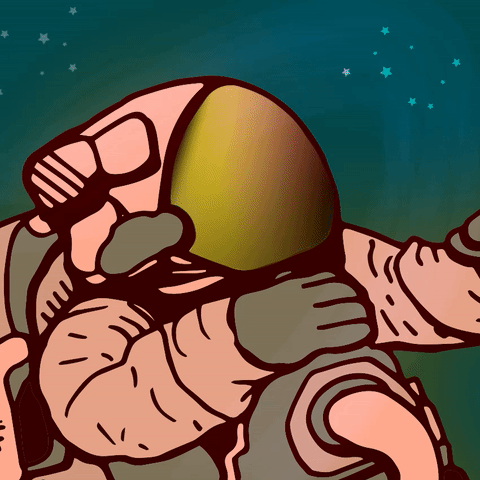- cross-posted to:
- [email protected]
- cross-posted to:
- [email protected]
Explanation: The Emperor Vespasian came to power after a civil war, the first of the Principate, and was very careful to formally respect the power of the Senate (though he was not entirely above abusing his autocratic power, exiling and eventually executing one of his most recalcitrant enemies in the Senate). He died of natural causes. Vespasian’s favorite son and heir, Titus, went even further, and, during his reign as Emperor, abused no Senators and always treated them with the utmost respect.
Vespasian’s second son, Domitian, who came to power after Titus died suddenly either of illness or of poison, gleefully flaunted his power, executing dozens of Senators, insisting on being called “God and Master”, demanded unearned titulature honors, regularly threatened Senators for the fun of it, and had the gall after all of that to whinge about how horrible it was to have to fear for his life as Emperor.
Domitian was eventually assassinated with the cooperation of his own household.
Vespasian and Titus looking down on Domitian like

Vespasian seemed to play a bit of the favorites game, openly preferring Titus (and, tbf, Titus had accompanied him across the whole of the damn Empire, literally saving his life in Britannia and acting as his lieutenant in Iudea, while Domitian was still a child in Rome), so he would probably be disappointed but not surprised that the unfavorite son continued proving himself unworthy.
Titus, who went far out of his way to be kind to his little brother and include him even while their father was alive, probably would have mused that his kindness was wasted - especially since it’s suspected by some contemporaries that Domitian was the one who poisoned Titus (or ordered it).
They say the more purging a dictator does, the longer their stay in power.
Domitian certainly did a lot of purging, and managed to hang onto power for 15 years, which is a good clip.



